Ever felt like your dog understands you better than most people?
Did you know a recent study in Animals (2024) found dogs distinguish positive, neutral, and negative human emotional expressions—seeking comfort when you’re upset and joy when you smile? When your pup leans in during a hard day, it’s not just love—it’s attunement.
We often call dogs “man’s best friend,” but that phrase might underestimate how deeply many breeds feel. Their brains don’t just obey commands—they process voice tone, facial expressions, even stress in the air.
In this post, we’ll spotlight seven dog breeds celebrated not just for their smarts, but for their emotional sensitivity—breeds that can almost read your heart. Imagine coming home after a rough morning and being met with eyes that seem to ask, “Are you okay?”
Whether you already live with a sensitive smart dog or hope to, you’ll gain insight into traits, care tips, and why these most popular dog breeds shine in families who value connection.
Get ready for tails, empathy, and intelligence in action—all wrapped in fur.
Most Sensitive Smart Dog Breeds
1. Border Collie
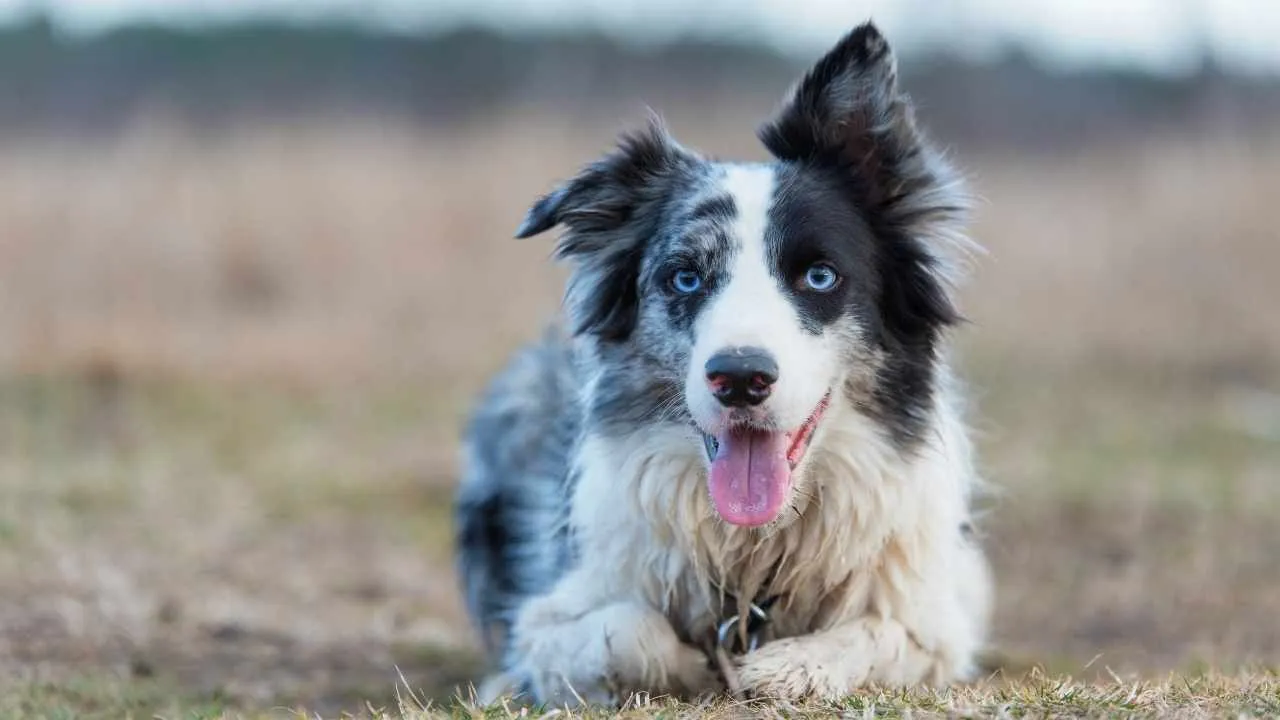
Border Collies are often called the most emotionally sensitive dogs, bred to read subtle cues from shepherds and sheep. This natural attunement makes them quick to sense your stress, posture, or even changes in tone.
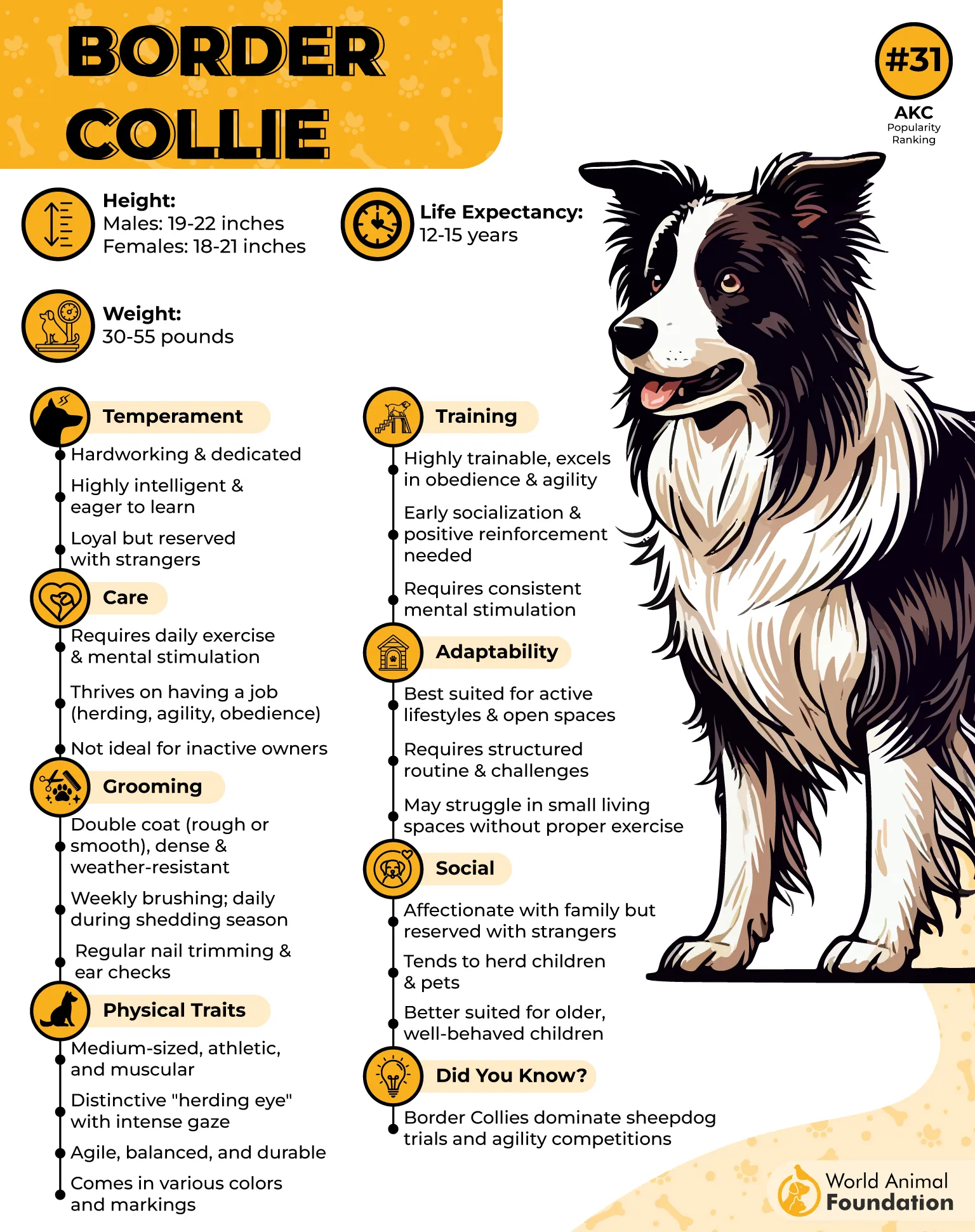
Britannica explains that they thrive in active lifestyles where both mind and body are engaged—agility, herding, or daily problem-solving tasks. Loud, chaotic environments, however, can overwhelm their sensitivity.
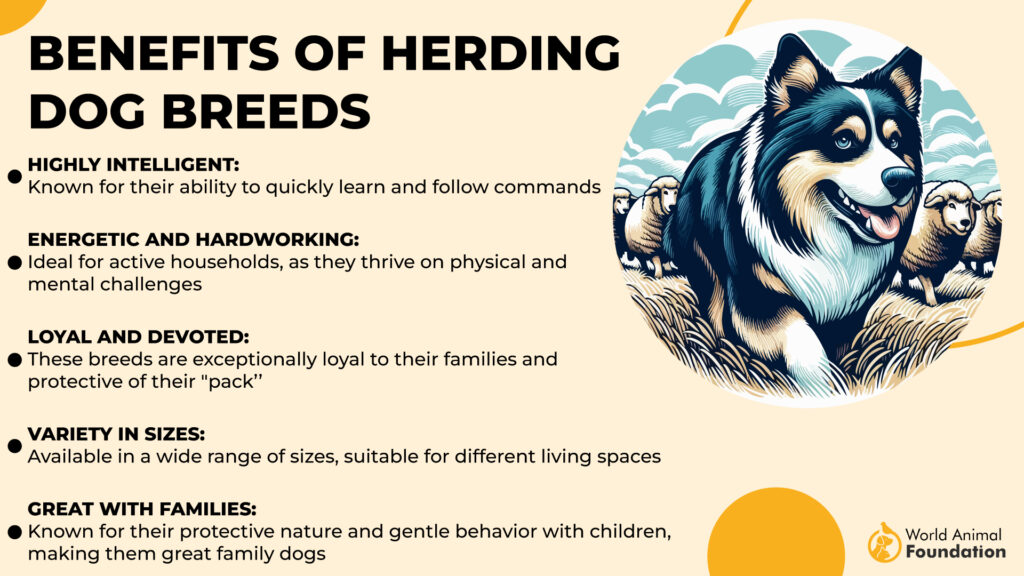
Bonding works best through positive reinforcement, calm routines, and interactive play. With patience and consistency, Border Collies reward you with unmatched responsiveness and devotion.
Owners Insight
Ideal Owner: Very active, mentally driven owners who lead dog sports.
Suitable Lifestyle: Large open spaces; daily herding or agility required.
Best Suited Roles: Herding, obedience trials, search-and-rescue, dog sports.
Grooming Needs: Double coat brushing 2-3× weekly; heavy shedding season care.
2. Poodle

Poodles are famous not just for their intelligence but also for their emotional intuition. They often detect distress before you speak it, offering comfort through presence and touch.
Their sensitivity makes them ideal as therapy or emotional support dogs, responding beautifully to gentle, structured households. Mental stimulation—tricks, puzzles, training—is just as vital as affection.
With empathy and consistency, a Poodle transforms into a true partner, sensing emotions and deepening bonds with every interaction.
Owners Insight
Ideal Owner: Allergy-sensitive parents who welcome frequent grooming sessions.
Suitable Lifestyle: Indoor/outdoor balance; mental tasks + water work.
Best Suited Roles: Service, therapy, dog sports, performing.
Grooming Needs: Curly coat needs trimming every 6-8 weeks; daily brushing.
3. German Shepherd
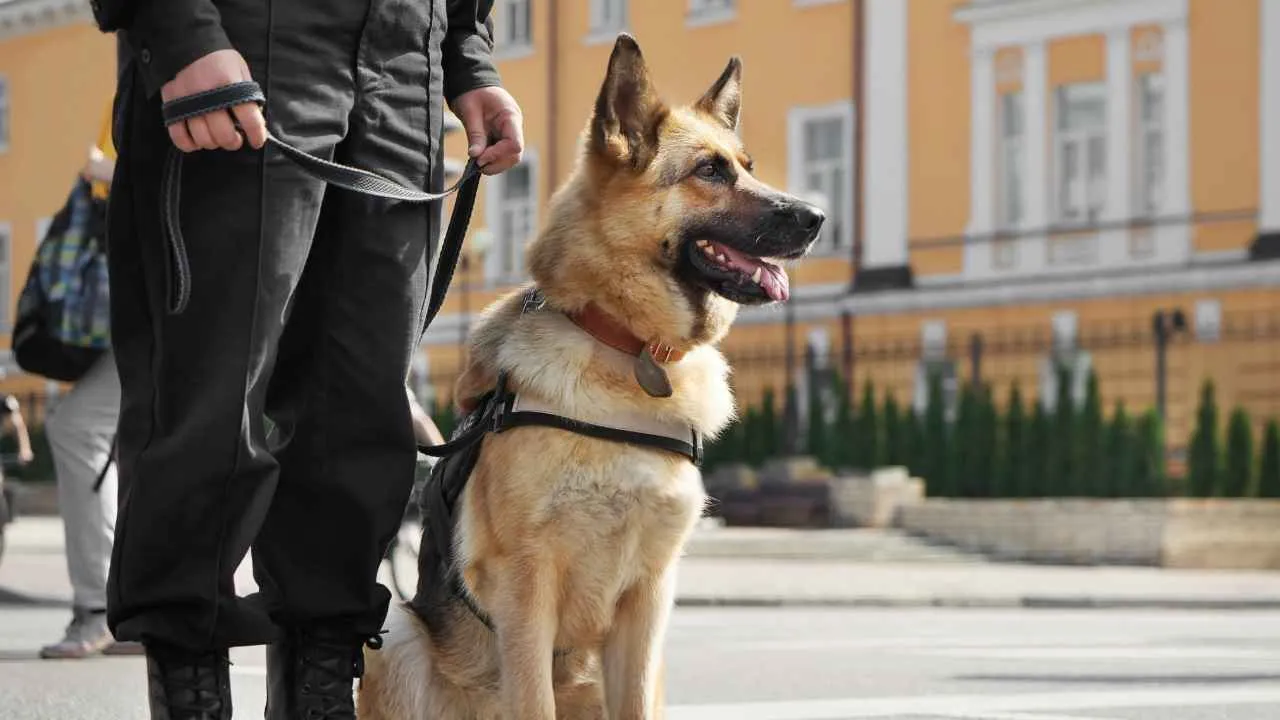
German Shepherds balance intelligence, loyalty, and emotional awareness, often sensing family tension or danger before it’s spoken. Their protective instincts flow directly from their bond with you.
They need both mental engagement and physical outlets; without these, their sensitivity can lead to stress behaviors like pacing or vocalizing. Structured activities, training, and jobs around the home keep them confident.

Bonding comes through clear communication, positive reinforcement, and reassurance during anxious moments. In return, German Shepherds offer unwavering devotion and emotional connection.
Owners Insight
Ideal Owner: Confident, experienced handlers comfortable with strong protective instinct.
Suitable Lifestyle: Job-oriented, lots of exercise; space for roaming.
Best Suited Roles: Guard dog, police/military, working dog, service roles.
Grooming Needs: Frequent shedding; weekly brushing; no shaving.
4. Golden Retriever

Golden Retrievers are renowned for their gentle, empathetic nature, often sensing emotions and responding with warmth. They seem to “check in” when you’re sad, offering quiet comfort.
Their sensitivity shines in family settings, where consistency and affection nurture their confidence. They thrive on inclusion—whether during play, walks, or quiet downtime at home.

Bonding comes naturally through positive reinforcement, patient training, and plenty of shared activities. In return, Goldens provide a loving presence that feels almost human in its depth.
Owners Insight
Ideal Owner: Patient carers who value a gentle demeanor with children.
Suitable Lifestyle: Regular water, play, fetch; social interactions needed.
Best Suited Roles: Therapy, assistance, search-and-rescue, and family companion.
Grooming Needs: Dense double coat; heavy shedding; weekly brushing.
5. Labrador Retriever
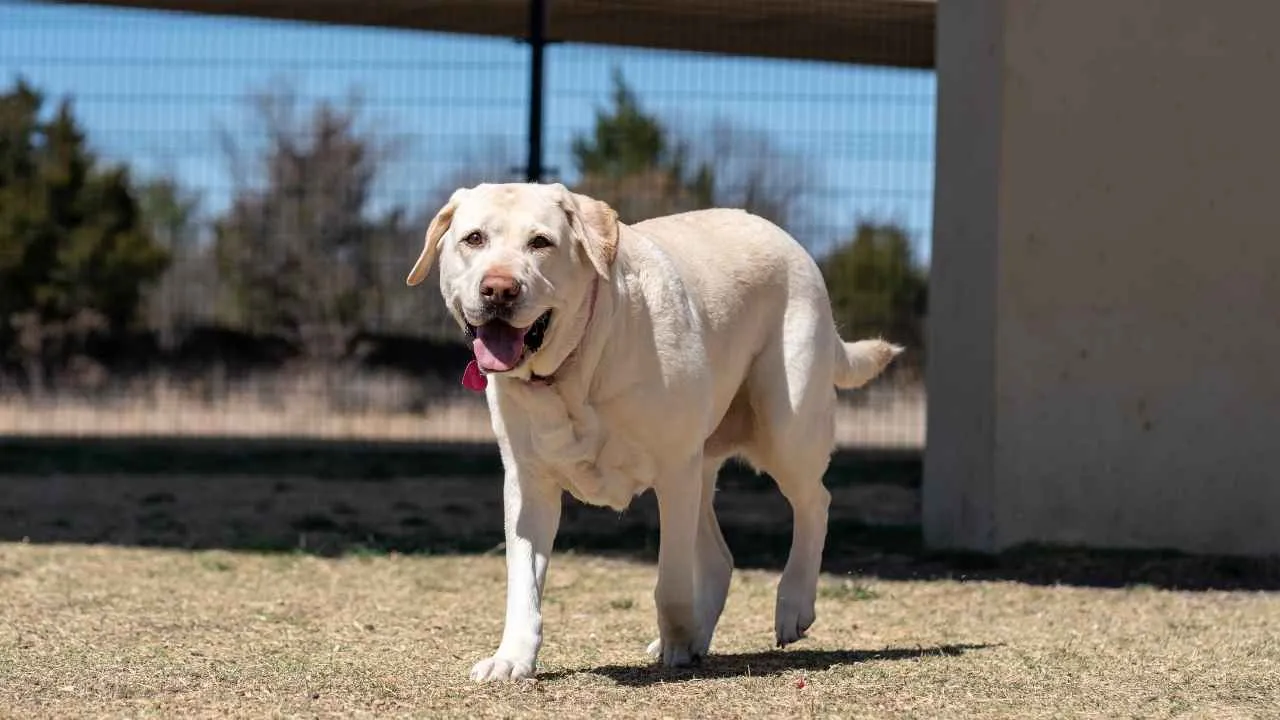
Labradors are celebrated for loyalty and an almost uncanny emotional awareness. They excel at noticing subtle shifts in mood and offering reassurance through closeness.
Because of their sensitivity, they flourish in homes that balance activity with emotional connection. They need regular exercise, games, and a role in family life.
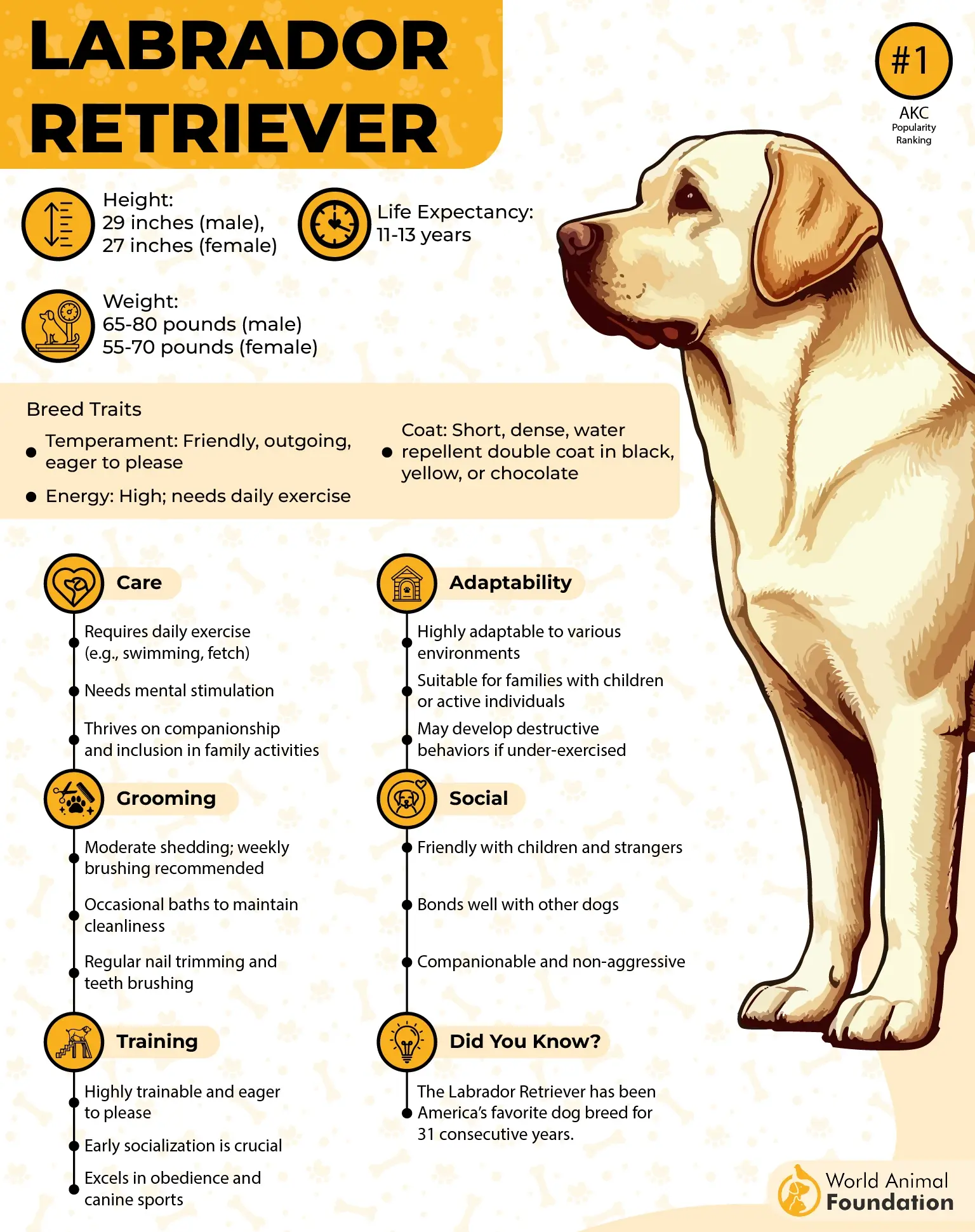
Bonding grows through gentle training, consistent routines, and shared adventures outdoors. Labs reward their people with unwavering companionship and intuitive support.
Owners Insight
Ideal Owner: Active families who enjoy swimming or outdoor adventures.
Suitable Lifestyle: Busy days; water, retrieving, consistent training.
Best Suited Roles: Service, hunting, guide work, family companion.
Grooming Needs: Short coat; weekly brushing; bathe occasionally
6. Shetland Sheepdog
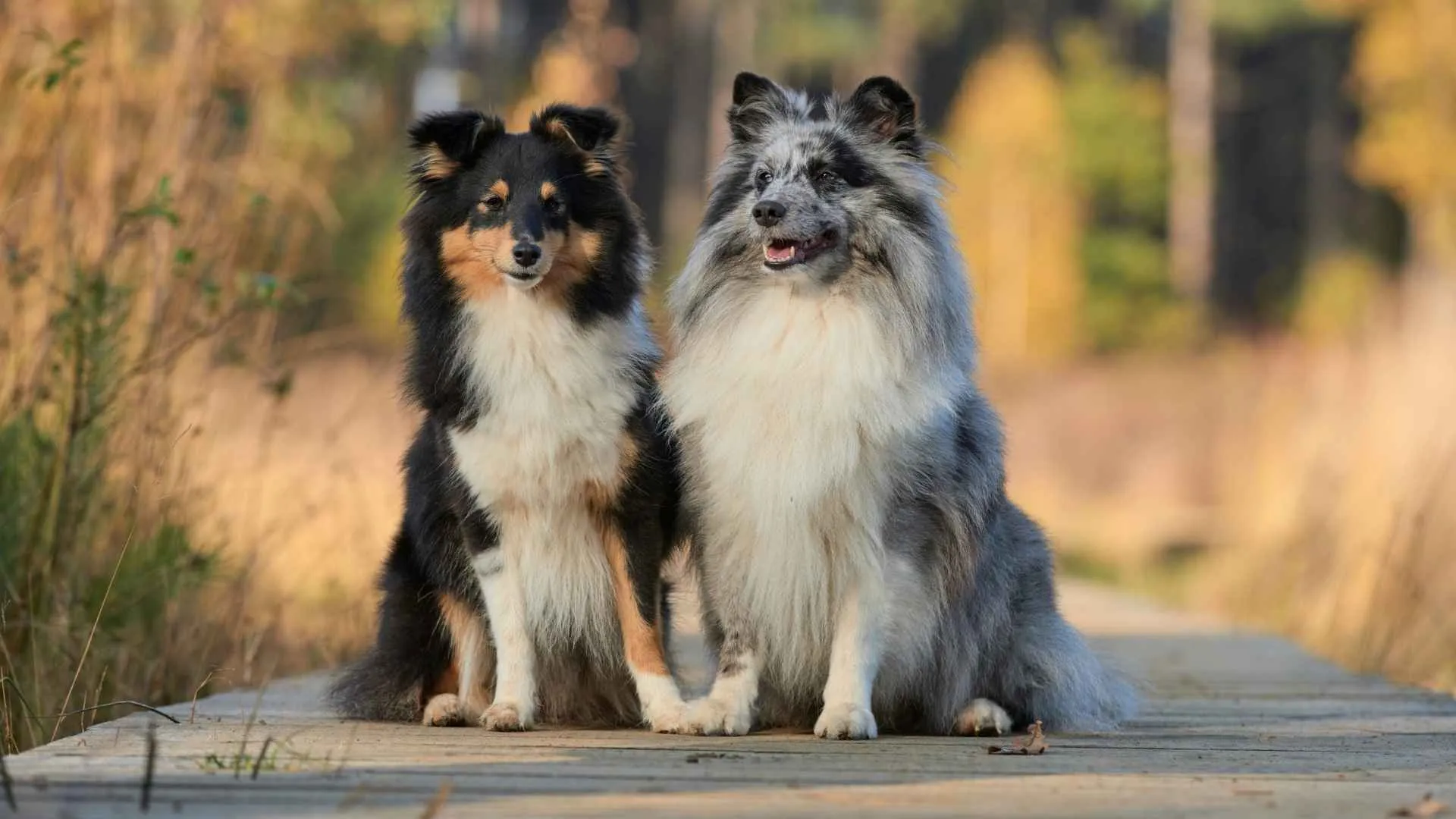
Shetland Sheepdogs, or Shelties, are affectionate and highly attuned to their humans. They quickly pick up on emotional cues, often staying close when you’re low.
AKC notes that their herding background makes them sensitive to noise and change, but also deeply responsive to clear, calm guidance. They thrive best in peaceful, structured homes.
Bonding works beautifully through praise, training, and interactive games. With empathy and patience, Shelties become loyal, emotionally intelligent companions.
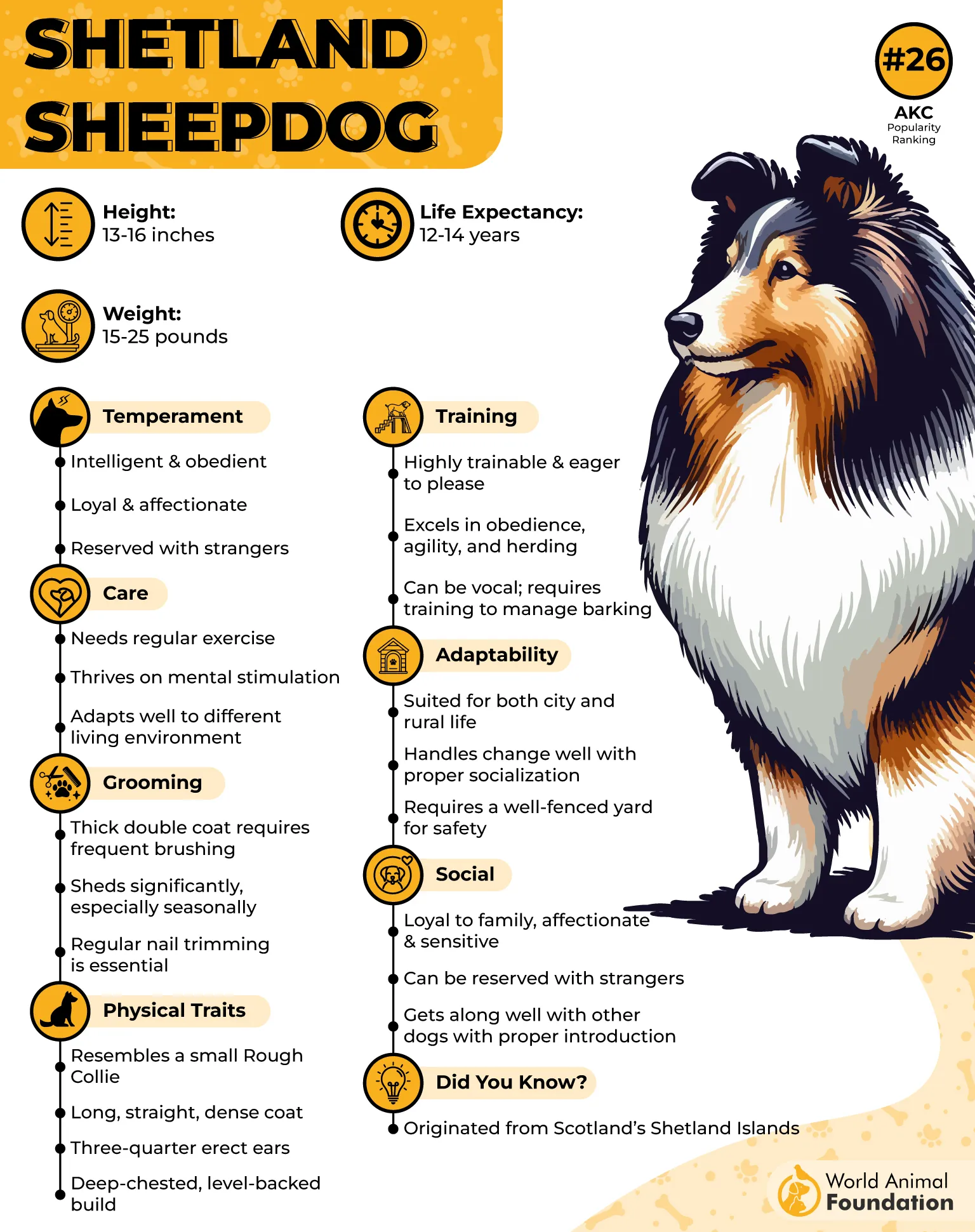
Owners Insight
Ideal Owner: Calm, attentive pet parents who supervise children & pets.
Suitable Lifestyle: Structured routines; indoor environment; moderate activity.
Best Suited Roles: Companion, obedience, agility, therapy.
Grooming Needs: Long double coat; frequent brushing to prevent mats.
7. Papillon

Papillons may be tiny, but they are highly perceptive and deeply eager to connect. Sensitive to shifts in mood or tone, they often respond with joyful affection.
PetMD suggests that their sensitivity makes them wonderful for attentive households, especially those that can provide mental stimulation through training and agility. Noise and neglect, however, can overwhelm them.
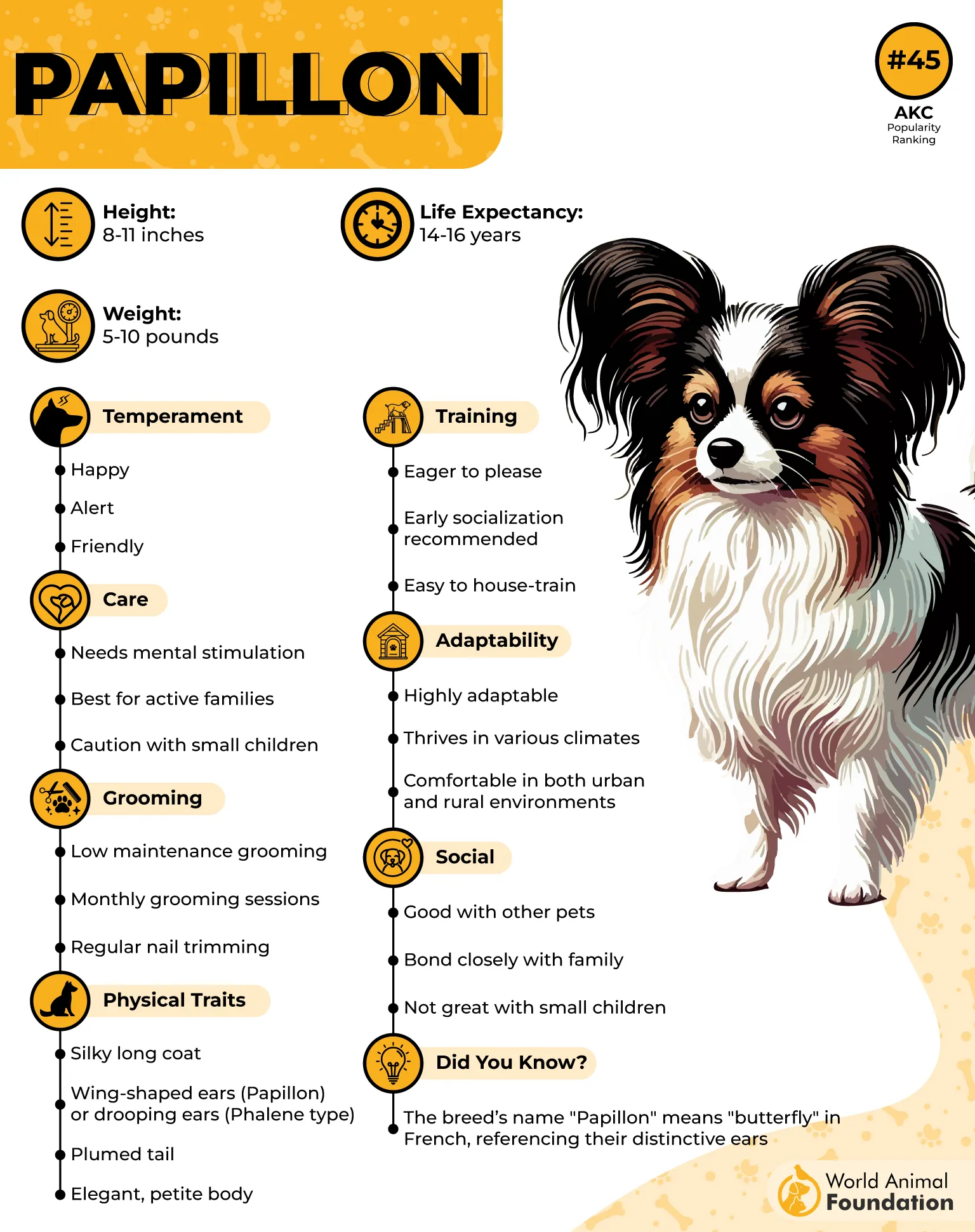
Bonding grows through gentle encouragement, consistent interaction, and celebrating their intelligence. Papillons reward this care with devotion far bigger than their frame.
Owners Insight
Ideal Owner: Someone indoors, gentle with small pets; not too rough.
Suitable Lifestyle: Lap dogs; short walks; mental games.
Best Suited Roles: Companion, therapy, small-dog competitions.
Grooming Needs: Silky coat; occasional trims; brush ears and tail.
FAQs
1. What makes a dog both sensitive and smart?
A sensitive, smart dog can read human emotions and respond with a gentle demeanor. Certain breeds are highly sensitive yet quick learners, forming strong emotional bonds with their families. This combination makes them ideal companions and excellent at adapting to other dogs, children, and even strangers.
2. How can I meet the needs of a sensitive, smart breed?
These dogs require consistent training, mental challenges like dog sports, and daily routines. Active families can channel their energetic nature into positive outlets, preventing destructive behaviors. With patience and care, they become great companions for both people and other animals.
3. Why is sensitivity important in smart dog breeds?
Sensitivity helps dogs sense distress and understand owners’ emotions, making them empathetic partners. This trait allows them to serve as service dogs, lap dogs, or guard dogs, depending on the setting. Their loving nature ensures they remain excellent companions for long periods of time.
Conclusion
Dogs are sensitive souls who build deep emotional bonds with their human companions. Beyond the seven breeds we discussed, others like the Doberman Pinscher, Australian Cattle Dog, Australian Shepherd, Cavalier King Charles Spaniel, and Bichon Frise also show how a sensitive breed can sense sadness and respond to subtle changes.
Their sensitive nature makes them excellent pets and wonderful companions—whether therapy dogs, loyal companions, or gentle giants with an affectionate nature. These highly responsive pups thrive when treated as family members, not just pets.
Suppose you’re a pet parent seeking a loving companion who will support your well-being. Consider which sensitive breed fits your lifestyle best. Discover the perfect empathetic companion and welcome more than just a pet into your life today.


